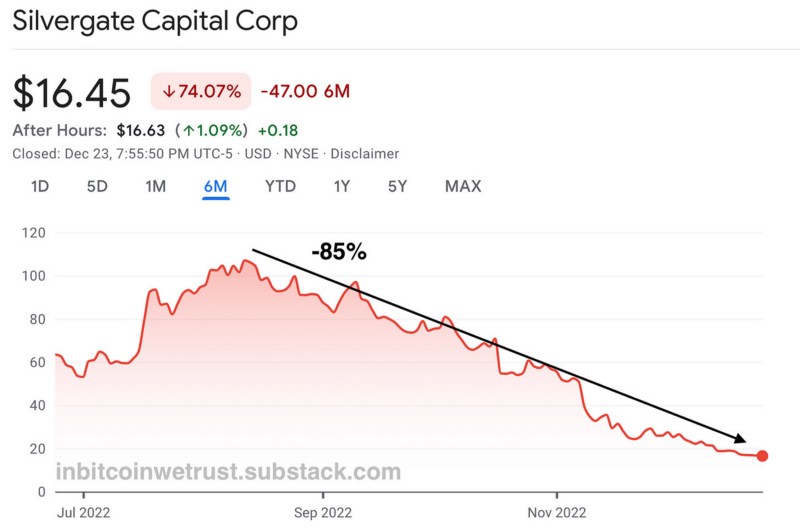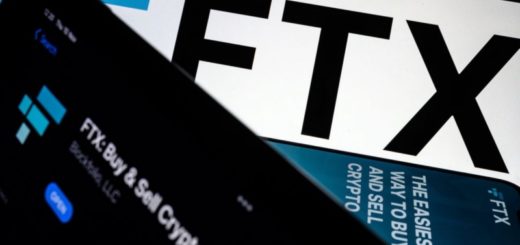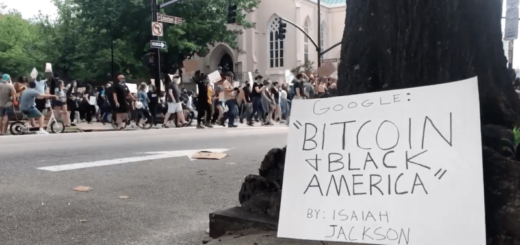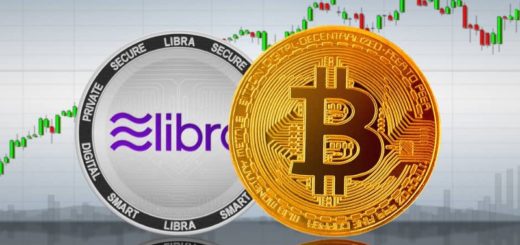Here’s How Traders Are Taking Advantage of the FTX Earthquake to Make Huge Profits.
Traders are shorting groups closely or distantly associated with FTX. Silvergate, the leading U.S. crypto bank, collapsed on Wall Street.

For Carson Block, the famed short seller and founder of Muddy Waters, FTX’s fall is one of the symptoms of the cryptocurrency bubble. “It’s a good example of the greed, the fear of missing the boat,” he told CNBC.
In the euphoric times when everyone was making money, Sam Bankman-Fried didn’t bother anyone. He was even a hero. Arrested in the Bahamas and then extradited to the U.S., the FTX founder took the entire industry down with him. In the first 11 months of 2022, short sellers on the listed shares of cryptocurrency groups gained 90% in performance, according to Bankless Times.
FTX’s collapse and its contagion to the rest of the cryptocurrency market have been a new source of profit for those speculating on falling prices.
Listed cryptocurrency groups are attacked by short sellers three times more than other Wall Street stocks, according to Bloomberg. But traders have to pay 11 times more to bet on a crypto company’s fall than when they go after stocks in other sectors.
To short a stock, the trader borrows it and then sells it, hoping to buy it back at a lower price to make a profit that offsets the cost of borrowing.
Taxpayers’ money
The markets, led by Wall Street, don’t see any listed crypto companies benefiting from the FTX debacle. The opposite is true, with the shockwave hitting all segments of the cryptocurrency and Bitcoin sectors. No stock is a safe haven, and the correlation between cryptocurrency stocks is as strong as it is between cryptocurrencies.
The market does not offer diversification.
In nearly two months, crypto companies listed in the U.S. (Coinbase, Riot Blockchain) or Canada (BIT Mining) have lost nearly half their value. The crypto bank Silvergate Bank has particularly suffered. Its price has collapsed by 70% since early November 2022:

The bank, which had taken over the private currency project Diem from Facebook in early 2022, has as other institutions worked with the FTX group. It said in a statement that of the $11.9 billion in deposits of its crypto and digital customers, the group of Sam Bankman-Fried represented 10% at the end of September 2022. It stresses that it has not lent money to this group.
Its leader, Alan Lane, railed against short sellers “spreading false information about his bank.” As soon as FTX went bankrupt, they bet on the plunge of its price, so much so that the rate of borrowing of securities soared beyond 100%, against 9% today.
Silvergate is regulated by the American authorities (deposit guarantee…). Senators sent a letter in early December 2022 to the head of the bank to demand clarification on the links of his institution with FTX and its subsidiaries. “Given that you have access to Federal Reserve liquidity in times of need (the Fed’s San Francisco branch) and taxpayer money, the public is entitled to know whether your institution can weather this volatile period on cryptocurrencies,” the politicians asked.







